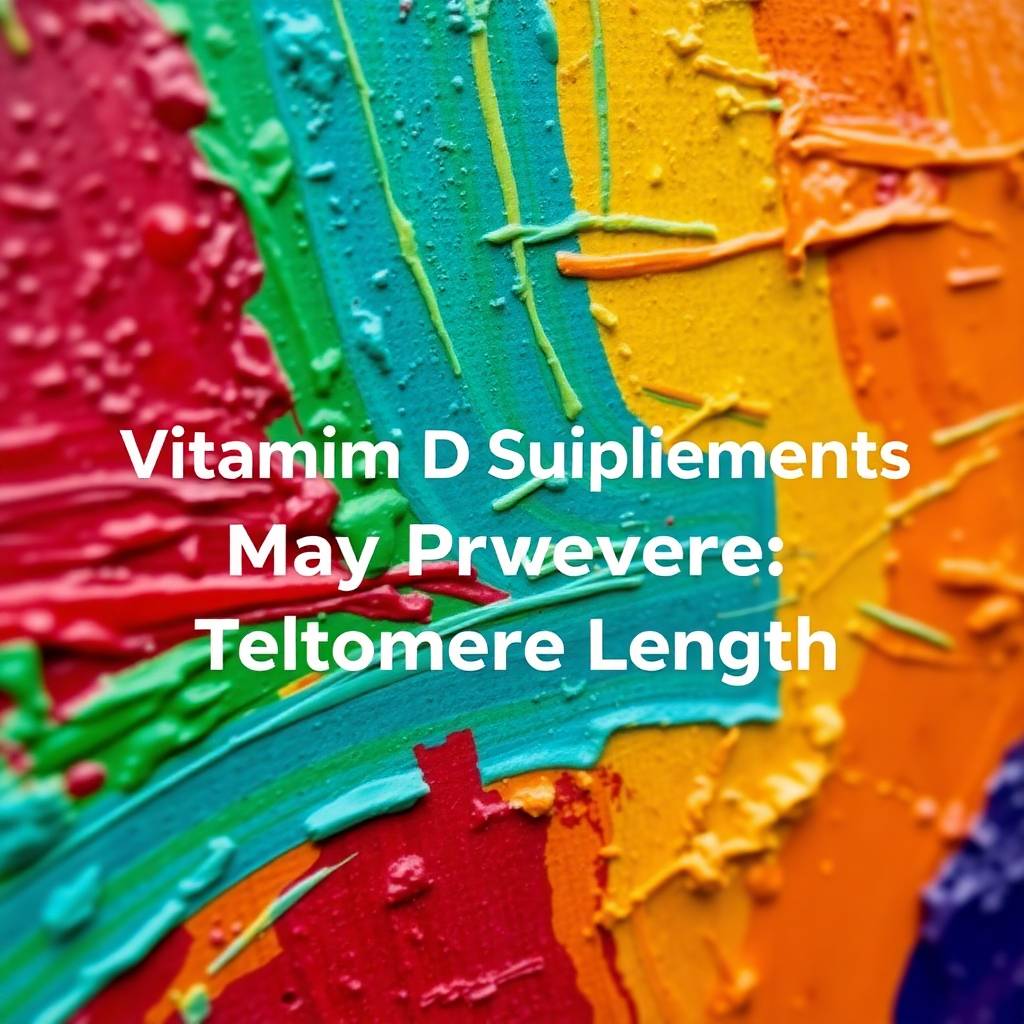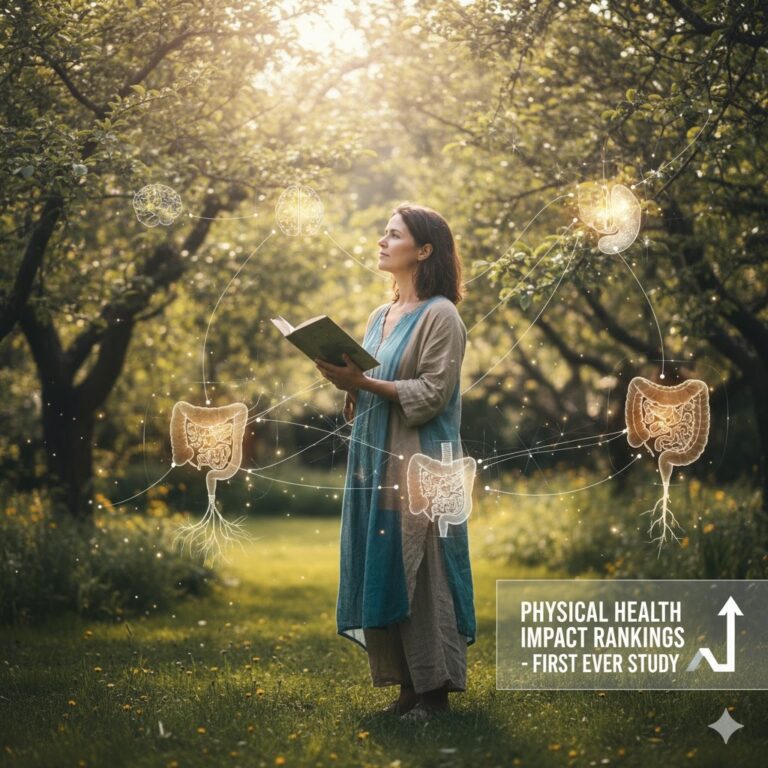Introduction
What Are Telomeres?
The Role of Telomeres in Cellular Aging
Telomeres are like the plastic tips at the ends of your shoelaces. They protect your DNA from unraveling or fraying.
Why Telomeres Shorten With Age
As we age, our telomeres naturally shrink, and once they get too short, the cells stop dividing and begin to malfunction or die. This process is a major contributor to aging and age-related diseases.
Telomere Length as a Biological Clock
In essence, your telomeres are a biological clock—the longer they are, the younger your cells behave. Shorter telomeres have been linked to diseases like cancer, diabetes, and heart disease.
What Is Vitamin D?
Basic Functions of Vitamin D
Vitamin D helps your body absorb calcium, supports your immune system, and keeps your muscles and nerves functioning properly.
Sources of Vitamin D
You can get Vitamin D from:
- Sunlight exposure
- Fatty fish like salmon
- Egg yolks and fortified foods
- Supplements
Deficiency and Its Consequences
Not getting enough Vitamin D can lead to:
- Weak bones
- Fatigue
- Depression
- Weakened immune response
The Link Between Vitamin D and Aging
Research Overview: Vitamin D and Telomere Preservation
Several studies now suggest that people with higher levels of vitamin D tend to have longer telomeres. This means their cells might age more slowly compared to those with a deficiency.
How Vitamin D Influences Cell Longevity
Vitamin D may reduce inflammation and oxidative stress, two major culprits that damage telomeres. It essentially acts like a protective shield around your cells.
Immune System Benefits Linked to Vitamin D
A strong immune system is one of the best ways to fight aging. Vitamin D boosts the immune response and keeps harmful agents in check—supporting both longevity and quality of life.
Scientific Study Summary
Key Findings from the Medical News Today Article
A UK-based study involving over 400,000 participants found that those with higher vitamin D levels had significantly longer telomeres—even after controlling for age, gender, and lifestyle.
Methodology and Credibility of the Research
The study used blood tests and genetic data from the UK Biobank, a trusted large-scale research resource. This adds weight to the findings.
Interpretations and Implications
While correlation doesn’t mean causation, the results are promising. They suggest that vitamin D supplementation may be a simple yet effective tool in slowing biological aging.
Potential Benefits of Taking Vitamin D Supplements
Slower Biological Aging
Preserved telomere length may mean
- Reduced cell death
- Better organ function
- Longer healthspan (not just lifespan)
Improved Immune Function
Vitamin D helps your immune system stay strong, reducing the risk of infections, autoimmune diseases, and even some cancers.
Reduced Risk of Chronic Diseases
From heart disease to cognitive decline, many age-related conditions are linked to inflammation—which Vitamin D helps control.
Recommended Vitamin D Intake
Dosage by Age and Lifestyle
- Children (1–18 years): 600 IU/day
- Adults (19–70 years): 600–800 IU/day
- Older adults (>70 years): up to 1,000 IU/day
Importance of Consulting a Healthcare Provider
Always contact a doctor before starting any supplement. They may recommend a blood test to check your current Vitamin D level.
Risks of Over-Supplementation
Too much vitamin D can lead to:
- Nausea
- Kidney problems
- Calcium build-up in the blood
Natural Ways to Maintain Healthy Telomeres
Exercise and Stress Reduction
Regular movement and mindfulness practices like yoga or meditation help reduce oxidative stress and support telomere health.
Healthy Eating Habits
Focus on:
- Antioxidant-rich foods (berries, greens)
- Omega-3s (from fish and flaxseed)
- Whole grains and legumes
Sleep and Mental Health
Sleep is when your body repairs itself. Lack of it leads to faster telomere shortening. Mental stress? It does the same. Prioritize peace of mind.
Vitamin D and Telomeres: Are Supplements Enough?
Combining Lifestyle and Supplementation
A capsule alone won’t work miracles. It’s the synergy between lifestyle and supplements that provides real anti-aging benefits.
The Role of Genetics and the Environment
Your genes set the foundation, but how you live determines how fast that foundation wears out. Vitamin D is one of many tools in your anti-aging kit.
Holistic Approach to Longevity
Think of aging as maintaining a car. You need the right fuel (nutrition), good care (exercise and sleep), and timely tune-ups (supplements and check-ups).
Who Should Consider Vitamin D Supplements?
At-Risk Populations
- Older adults
- Breastfed infants
People in Sunlight Areas
Living in places with long winters or little sunlight? You’re likely not getting enough naturally.
Health Conditions Needing More Vitamin D
People with conditions like osteoporosis, diabetes, or multiple sclerosis may benefit from higher vitamin D levels.
Vitamin D Supplement Myths Debunked
“Too Much Sun Is Enough”
Sun exposure helps, but it’s not always reliable—especially with sunscreen, clothing, or clouds blocking UVB rays.
“Supplements Are Useless”
Studies prove otherwise. Supplements are vital when diet and sun can’t meet your body’s needs.
“Only Older People Need Vitamin D”
Wrong! Everyone needs it. Even kids and young adults can be deficient without realizing it.
Future Research and Hopes
Potential for Age-Related Disease Prevention
With more studies like this, we might see vitamin D used in targeted therapies for heart disease, cancer, and Alzheimer’s.
Anti-Aging Therapies Based on Telomere Health
Science is diving deep into telomeres. Maybe one day, we’ll see telomere-preserving pills on pharmacy shelves.
Personalized Medicine and Supplementation
Your body, your blueprint. Future healthcare might design vitamin D doses tailored to your genes and lifestyle.
Final Thoughts
Aging is natural—but how we age is something we can influence. The new evidence linking vitamin D to telomere preservation is exciting. While it’s not the fountain of youth, it’s a small, powerful step toward staying younger and longer. Stay sun-safe, eat well, move your body, and—if your doctor agrees—consider that little vitamin D supplement as a simple tool for healthy aging.
FAQs
1. Can I get enough Vitamin D from the sun alone?
Not always. Factors like location, skin tone, and sunscreen use can block UVB rays needed for Vitamin D production.
2. Are there any side effects of taking Vitamin D supplements?
Yes. Overuse can cause nausea, kidney issues, or calcium imbalance. Always follow a doctor’s advice.
3. How do I know if I have low Vitamin D levels?
A simple blood test ordered by your healthcare provider can tell you your levels.
4. Can vitamin D make me live longer?
It may help slow biological aging, but overall lifespan also depends on genetics, lifestyle, and other factors.
5. Is Vitamin D the only nutrient that supports telomere health?
No. Others, like omega-3s, vitamin C, and a balanced diet, also contribute to healthy telomere length.







